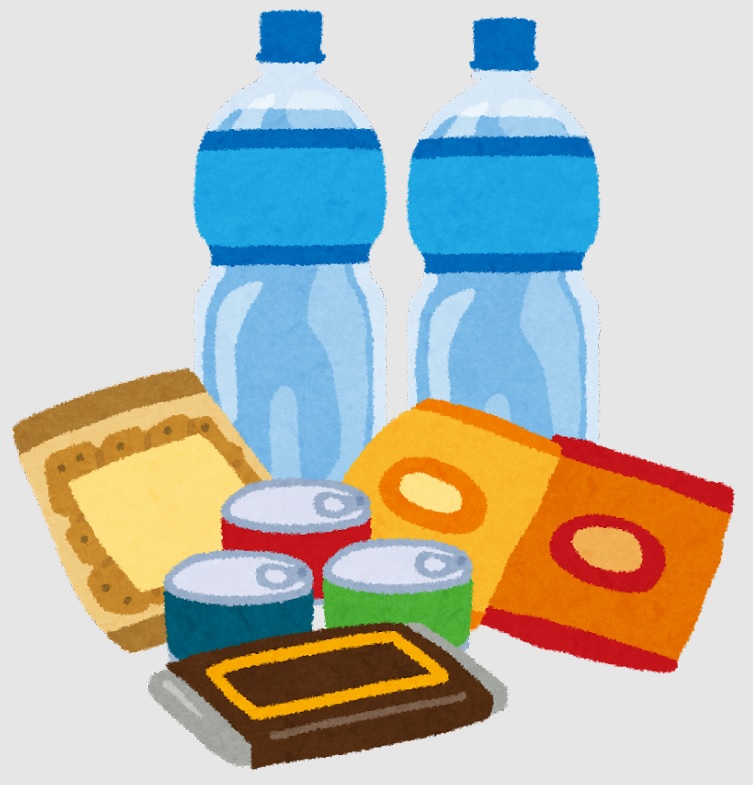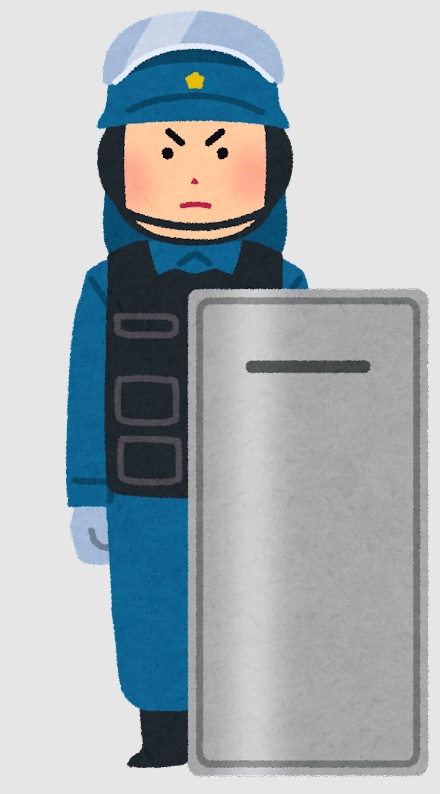「ニワトリタマゴ|安心・安全の自己防衛スタイルとは?」
〜前回のつづき〜
●保険貧乏から卒業~生活防衛資金で未来を守る~

地震保険の話を通じて
伝えたい事は
やはり保険全般に対して
言えるんですけど
保険よりも
最低限の生活防衛資金としての
貯金が大事です。
保険に入ったからと言って
貯金しなくていい
ということではない。
・医療保険
・ガン保険
・ペット保険
・収入保証保険
・生命保険
などなど保険にも色々ありますが
いずれにせよ
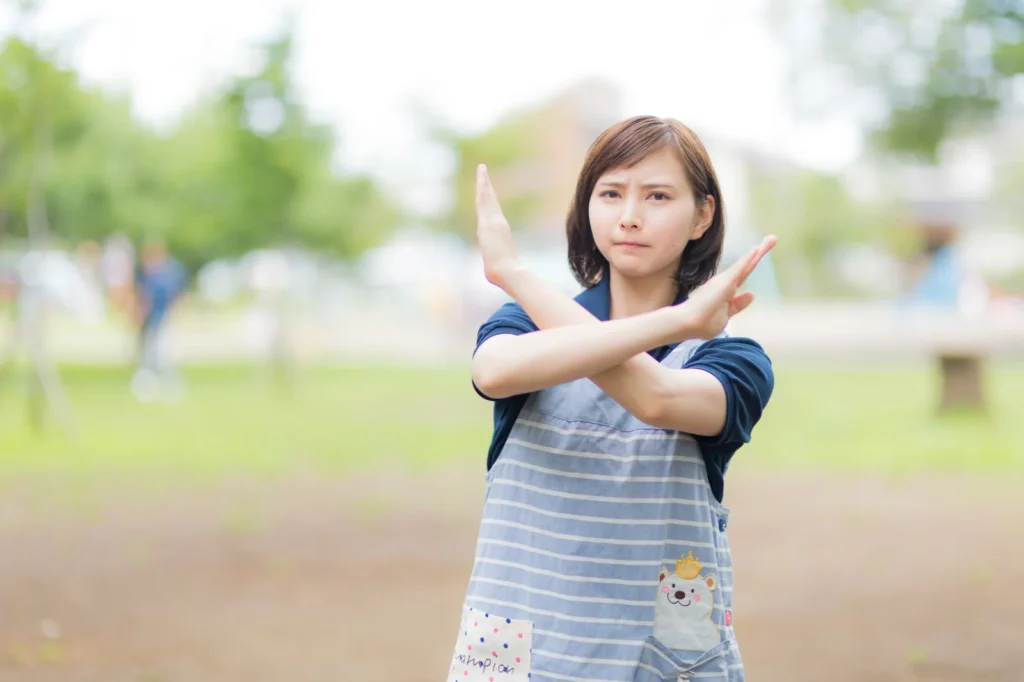
最低限の
生活防衛資金を確保しておけば
いらないんですよ。
生命保険は場合によっては
必要かもしれませんが
↑医療保険とかにしても
以前お話ししてます。
結局
いざと言う時の病院代が払えないから
医療保険に入るんだという事なんですけど
いざという時のための
貯金があったら
入らなくていいんですよね。
貯金がないから
保険に入らないといけないという
考え方ですね。
保険貧乏になっちゃう。
保険に入るから
お金が貯まらない。
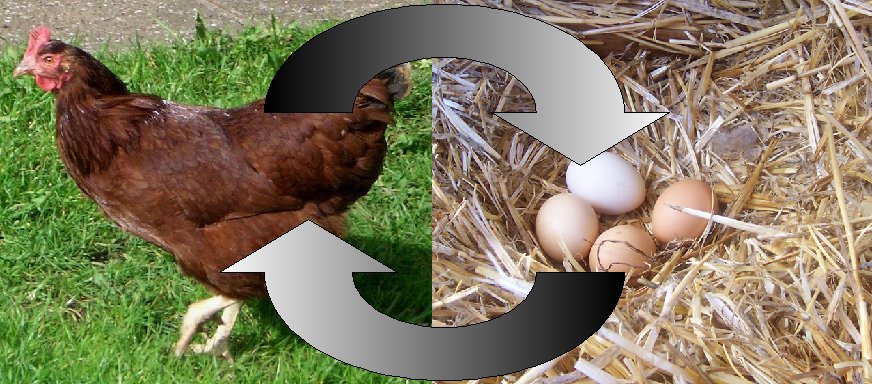
(出典:Wikipedia)
ニワトリタマゴみたいな
話になっちゃいます。
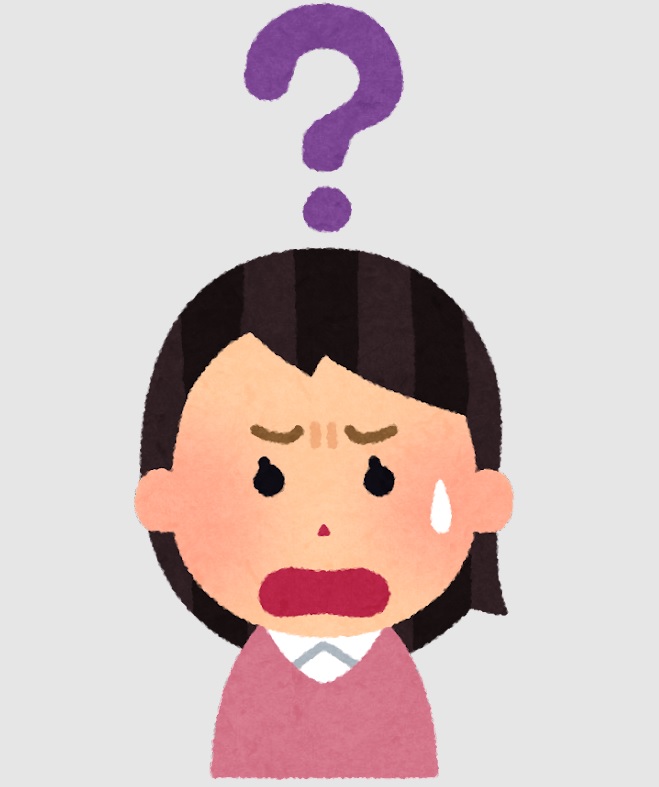
「どっちが先?」
みたいな。
保険に入らないで済むように
生活防衛資金を貯めてしまうのが
先です。
圧倒的に
・健康でいられる
・地震が起きない
可能性の方が高いので
やはり先に貯金を作るという
可能性の高い方を取っていくという事です。
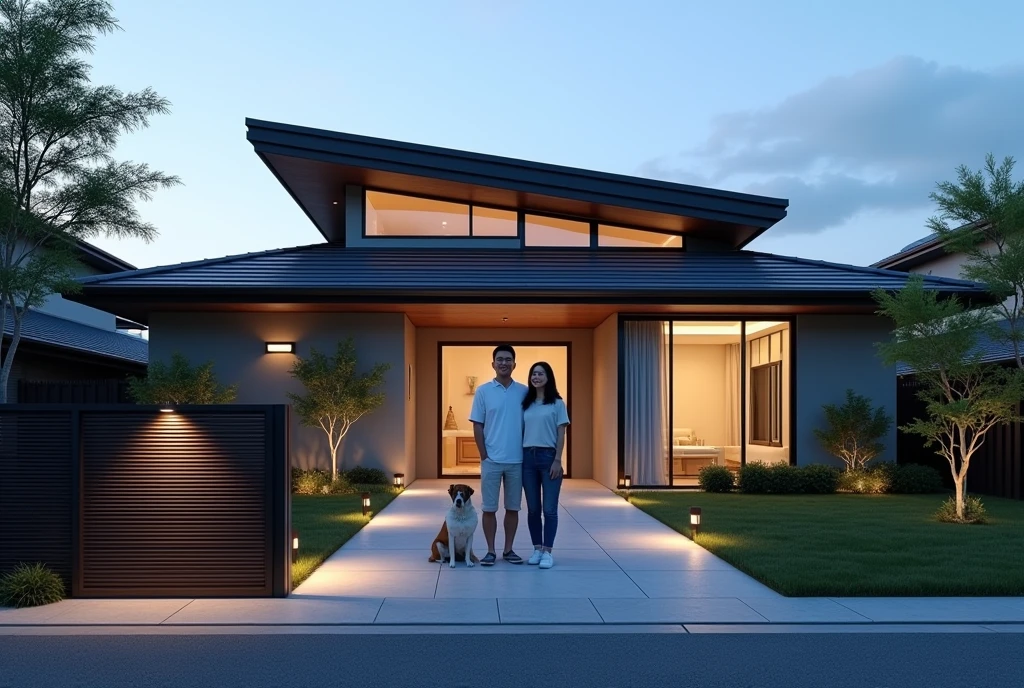
もう一つは家についてです。
もう既に買ってしまってる人がダメ
という事ではありません。
感情は
置いておいてほしいんですけど
ほとんどの家が負債です。
2千万円の価値しか無いものを
3千万円で買う。
だから買った瞬間に
1千万円の負債
すなわち借金ができる。
本当の意味での
借金が出来ちゃうんですよ。
家を買うから
保険に入らないといけなくなる訳ですよね?
(感情の話は置いといて)
家を買うから
地震保険にも入っておかないと
いざと言う時に
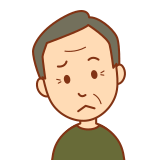
「お金がないなぁ・・・」
とか
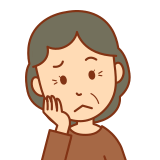
「何かあった時にちょっと困るから
病気の備えとして
医療保険に入っておかないといけないわ」
とか
色んな割高な保険に
入っておかないといけない。
昔小さい時に
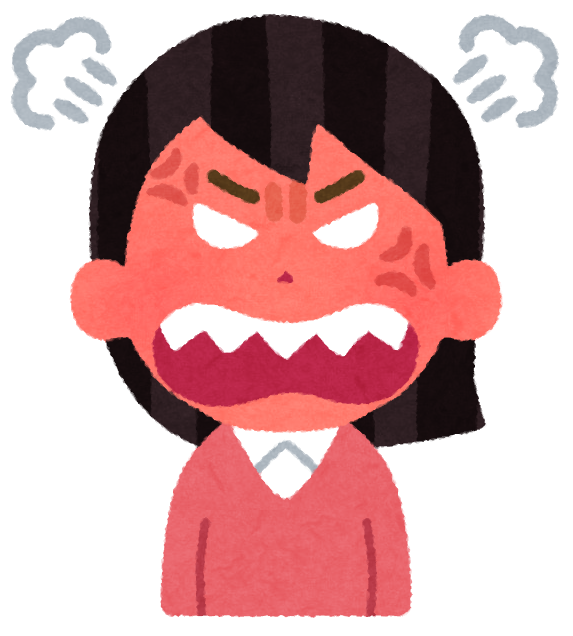
「借金してまで物を買ってはいけません!」
と習ってきた人は多いと思います。
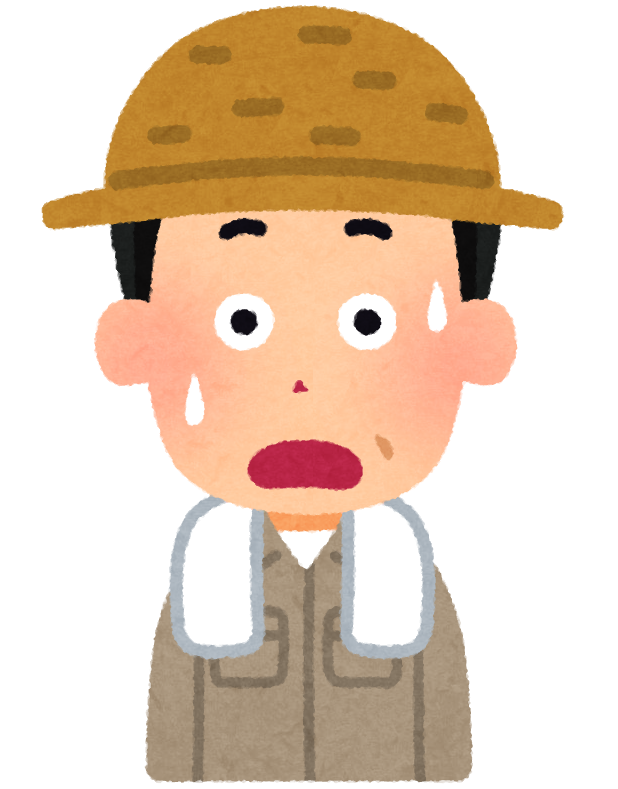
「他人からお金を借りて
自分の好きな物を買ってはいけません」
何か変じゃないですか?
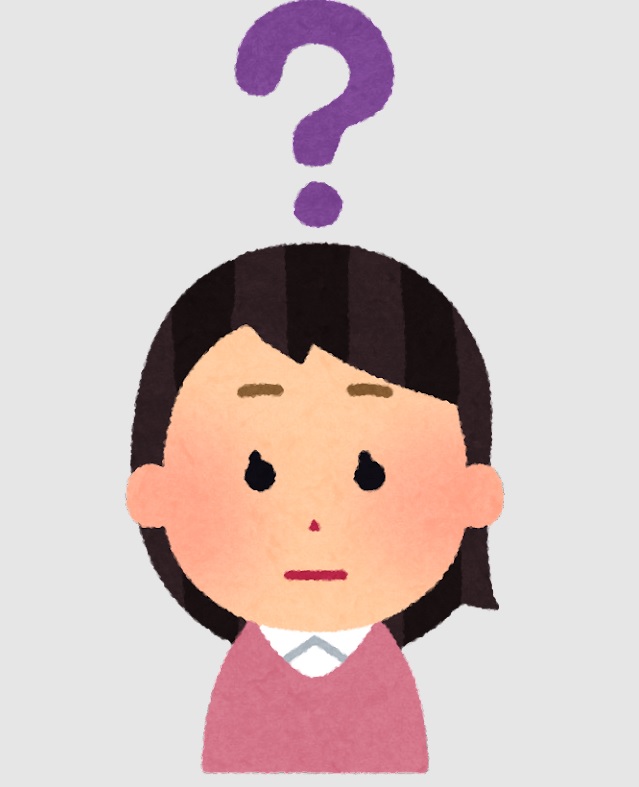
「なんで家だけ
借金してもいいのかなぁ?」
と思いませんか?
もちろん各自の自由なんですけど
最終的には自己責任です。
別に何を買おうが
どうしようが自由なんですけど
これってちょっと変だよね?
って思いませんか?
家を持って一人前とか
やっぱり結婚したらマイホーム
とかいうのは
刷り込みというか
世間のイメージであって
ほとんどの人は
家を買ってしまうから
お金がシンドくなるんです。

例えば5千万円が手元にある。
(なかなかそれだけ貯めるのも
シンドイと思うんですけど・・・)
5千万円手元にある人が
5千万円使うのは自由なのであって
別に何もお金的に
今現在困る事は無いと思うんですけど
ほとんどの人が家を買う時に
何千万円も貯金してるケースは
少ないと思います。
なかなか普通に生活してたら
貯まらないですよね?

それを
借金してまで買ってしまうから
シンドくなっちゃうんですよね。
だから負債の大きい状態に入るから
色んな保険に入らないといけなくなって
結局毎月の支払いももっとシンドくなって
お金を最低限の分貯めたいのに
なかなか貯まらなくなっちゃう訳です。
〜〜〜つづく〜〜〜
Special Thanks college president Ryo.
●おまけ
≪≪Chat-GPTくんによる要約→perplexityちゃんによる文章まとめ≫≫
この文章では、保険と生活防衛資金の重要性、さらに住宅購入に関する考え方について述べています。まず、保険よりも生活防衛資金としての貯金が優先されるべきであり、最低限の貯金があれば多くの保険は不要になります。保険に頼りすぎることで「保険貧乏」になり、保険料の支払いが貯金を妨げることがあります。したがって、まずは生活防衛資金をしっかりと確保することが大切です。
次に、住宅購入については、多くの場合、家を買うことで負債が生じます。住宅ローンを組むことで、様々な保険への加入が必要になることもあります。このような借金をして家を買うことには疑問があり、個人の経済状況に応じた判断が求められます。借金によって貯金が難しくなり、経済的に厳しい状況に陥る可能性もあるため、慎重な考慮が必要です。
Citations:
[1] https://www.gala-navi.com/column/money/c003549
[2] https://www.hokennomadoguchi.com/columns/songai/jishin/unnecessary/
[3] https://www.med.or.jp/dl-med/nichikara/isei/isei29.pdf
[4] https://www.sonysonpo.co.jp/fire/earthquake_001.html
[5] https://www.gyoukaku.go.jp/genryoukourituka/dai4/sankou2.pdf
[6] https://www.businessinsider.jp/post-261490
[7] https://www.tokiwa-system.com/column/column-262/
[8] https://randomwalker.blog.fc2.com/blog-entry-2092.html
[9] https://hoken.kakaku.com/kasai/jishin/
[10] https://hoken-mammoth.com/leads/earthquake-insurance-need/
≪≪Chat-GPTくんによる英訳≫≫
~Continuing from Last Time~
【Breaking Free from Insurance Poverty – Secure Your Future with an Emergency Fund】
Through the discussion of earthquake insurance, the main point I want to convey applies broadly to all types of insurance: saving for a basic emergency fund is far more important than relying on insurance.
Insurance is not a substitute for saving. Just because you have insurance doesn’t mean you can forgo building up your savings.
Whether it’s medical insurance, cancer insurance, pet insurance, income protection insurance, or life insurance, they all have one thing in common: if you’ve secured a sufficient emergency fund, many of them become unnecessary.
While life insurance may be needed in some cases, for most other types, such as medical insurance, the reason people purchase them is their inability to pay for hospital expenses when emergencies arise. However, if you have savings to cover such scenarios, you don’t need insurance.
This creates a vicious cycle: no savings lead to dependence on insurance, and the cost of insurance prevents you from saving. It’s a classic “chicken or egg” situation. Which comes first? The answer is to **save for an emergency fund first** so that you can avoid relying on insurance.
Statistically, it’s far more likely that you’ll remain healthy and that no major disasters will occur. Focusing on the most probable outcomes by prioritizing savings is the best approach.
—
【On Buying a Home】
This doesn’t mean it’s wrong if you’ve already purchased a house. However, putting emotions aside, the reality is that **most houses are financial liabilities.**
For example, buying a property worth 20 million yen for 30 million yen creates a 10 million yen liability the moment you purchase it. It’s essentially a debt.
Because of this debt, people feel the need to take out additional insurance, such as earthquake insurance or medical insurance, to prepare for “what-ifs.” This results in costly premiums for various types of coverage.
Many of us were taught as children that “you shouldn’t buy something on credit.” Borrowing money to buy things was frowned upon. So why is it considered acceptable when it comes to purchasing a house?
While everyone is free to make their own choices, it’s worth questioning whether this common practice truly makes sense. Social norms and expectations like “you’re not an adult until you own a home” or “married life requires a house” are ingrained ideas, but they can lead to financial strain.
If you already have 50 million yen in savings and choose to buy a 50-million-yen house, there’s no issue. However, most people buy homes without having sufficient savings. This results in taking on significant debt, which then leads to the need for additional insurance.
This cycle—large debts necessitating multiple insurances, which in turn increase monthly expenses—ultimately makes it harder to save even for the bare minimum.
The takeaway is simple: prioritize building savings over unnecessary expenses like excessive insurance or debt.
Special Thanks OpenAI and Perplexity AI, Inc

